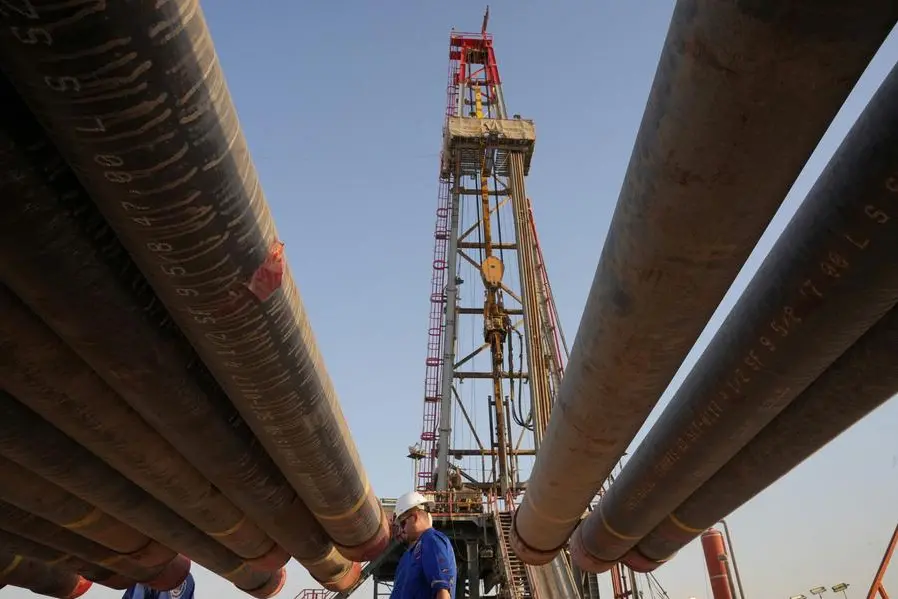PHOTO
LONDON - A suspension of Kurdistan's oil exports has halted repayments via crude cargoes of $6 billion owed to energy traders including Vitol and Petraco by the semi-autonomous Iraqi region, trading sources told Reuters.
Some 450,000 barrels per day (bpd) of oil exports from Iraqi Kurdistan to Turkey's Mediterranean port of Ceyhan were suspended on Saturday after Iraq won an arbitration case in which it said Turkey had violated an agreement by allowing Kurdistan to export oil without Baghdad's consent.
The suspension means Kurdistan cannot repay debts with crude oil supplies and alternative schemes have not been put in place.
The world's top trader Vitol and a smaller rival Petraco are owed some $750-$800 million each, according to three trading sources, who put Kurdistan's total debts to traders who pre-paid for crude before the suspension at around $6 billion. Vitol and Petraco declined to comment. The government of Kurdistan declined to comment.
Following the court ruling, the government in Kurdistan said that a delegation would visit Baghdad soon to resolve the issues.
An Iraqi government spokesman declined to comment on the debts.
"Let's work out a breakthrough to the oil exports issue and then other issues could be addressed under less pressure," he said.
The suspension led to a rise in oil price as the Kurdish exports represent some 0.5% of global oil supply and are an important source of crude for refiners in the Mediterranean. Some oil firms started shutting down production in Kurdistan this week.
Over the past decade, Kurdistan has managed to grow oil exports independently from Baghdad as trading firms provided billions of dollars in loans to the region in exchange for crude cargoes and the region built a new pipeline to Turkey.
Kurdistan held an independence referendum in 2017, but interventions by the United States and Iran meant it did not lead to a full split from Baghdad.
An Iraqi oil ministry legal adviser familiar with the discussions with Kurdistan said Baghdad wants to run oil exports via its state marketing firm SOMO and wants oil sales revenues to be deposited in an independent bank account.
The account would be controlled by the Kurdish government and supervised by Baghdad and would serve for multiple purposes including debt repayments, the adviser said, citing earlier proposals.
"We (the central government in Baghdad) are not paying debts in billions of dollars for transactions we are not aware of or involved with," the adviser said.
Another Iraqi oil ministry official said no progress has been yet made on the debt issue.
Iraq, OPEC's second largest producer, exports the lion's share of its oil from ports in the south of the country on the Middle East Gulf.
(Reporting by Dmitry Zhdannikov and Julia Payne, Additional reporting by Ahmed Rasheed in Baghdad;Editing by Elaine Hardcastle)





















